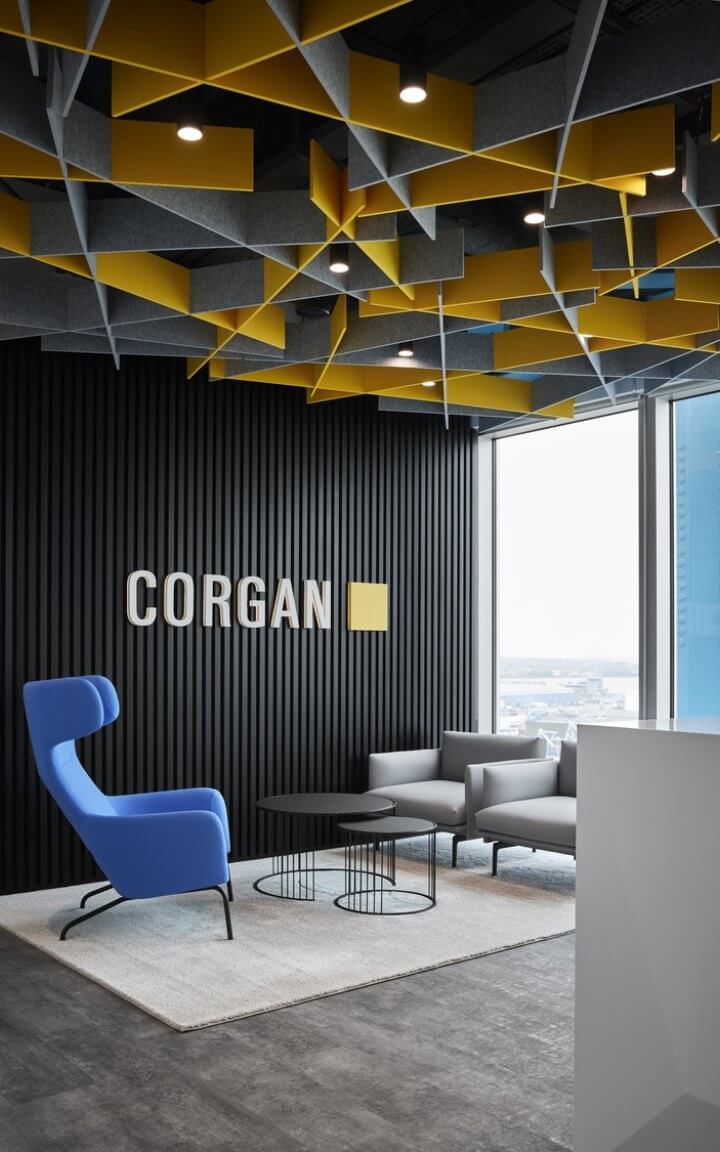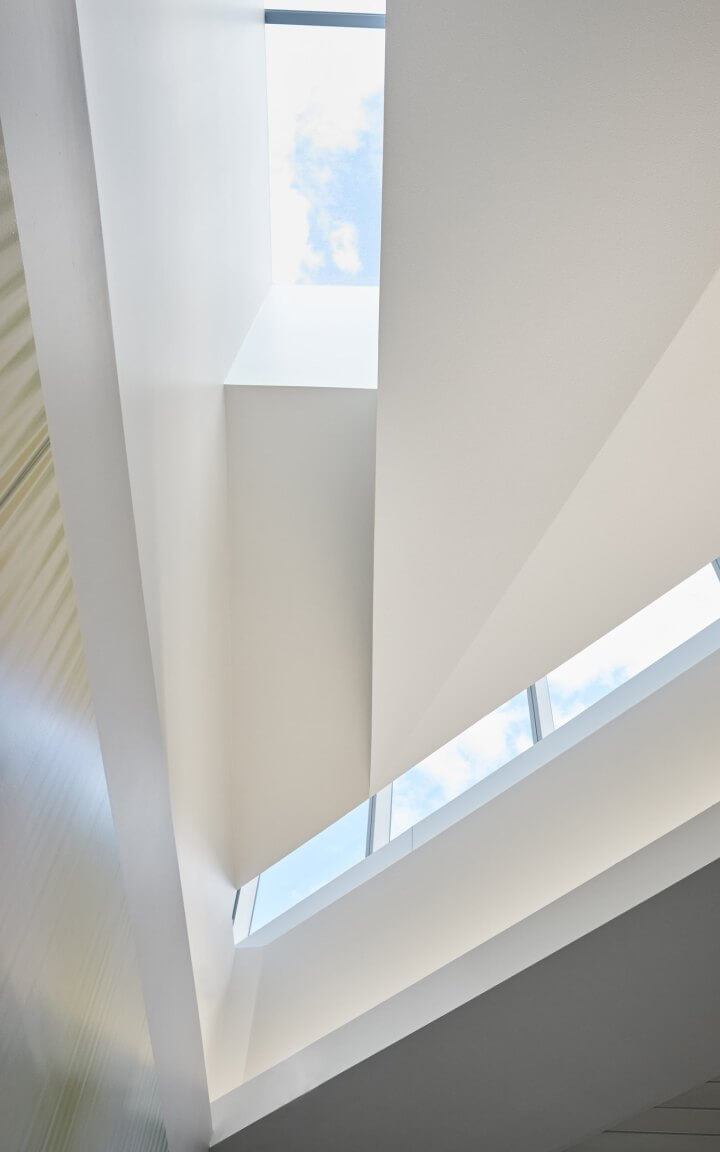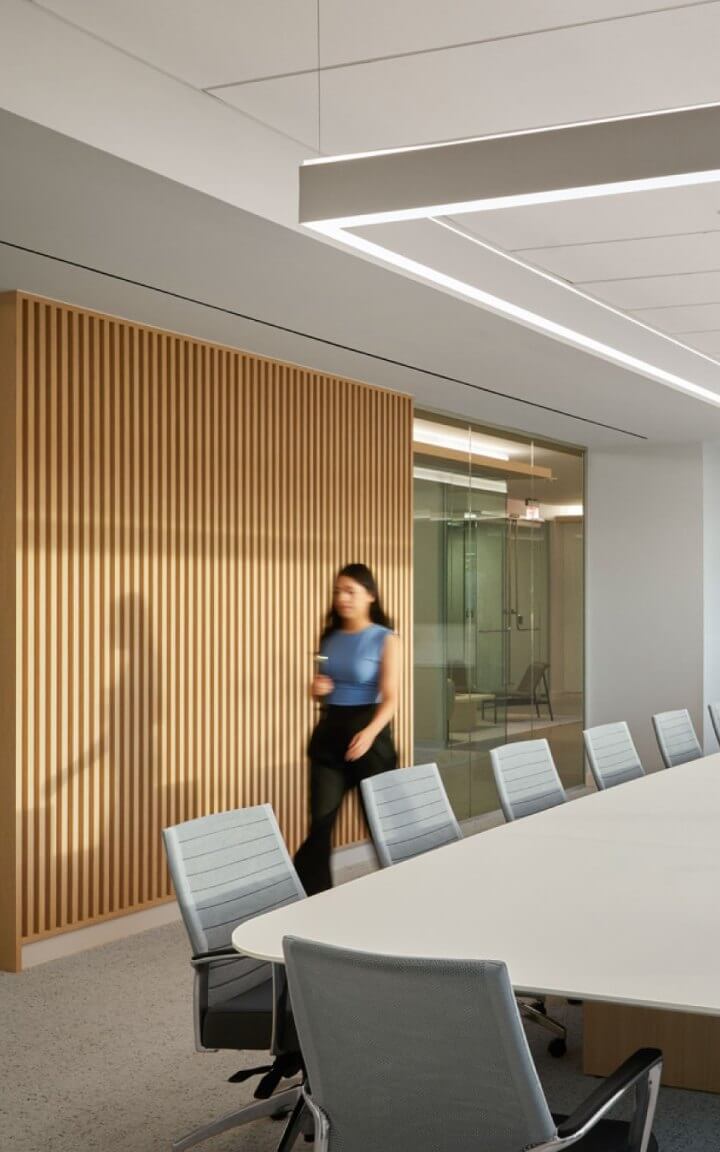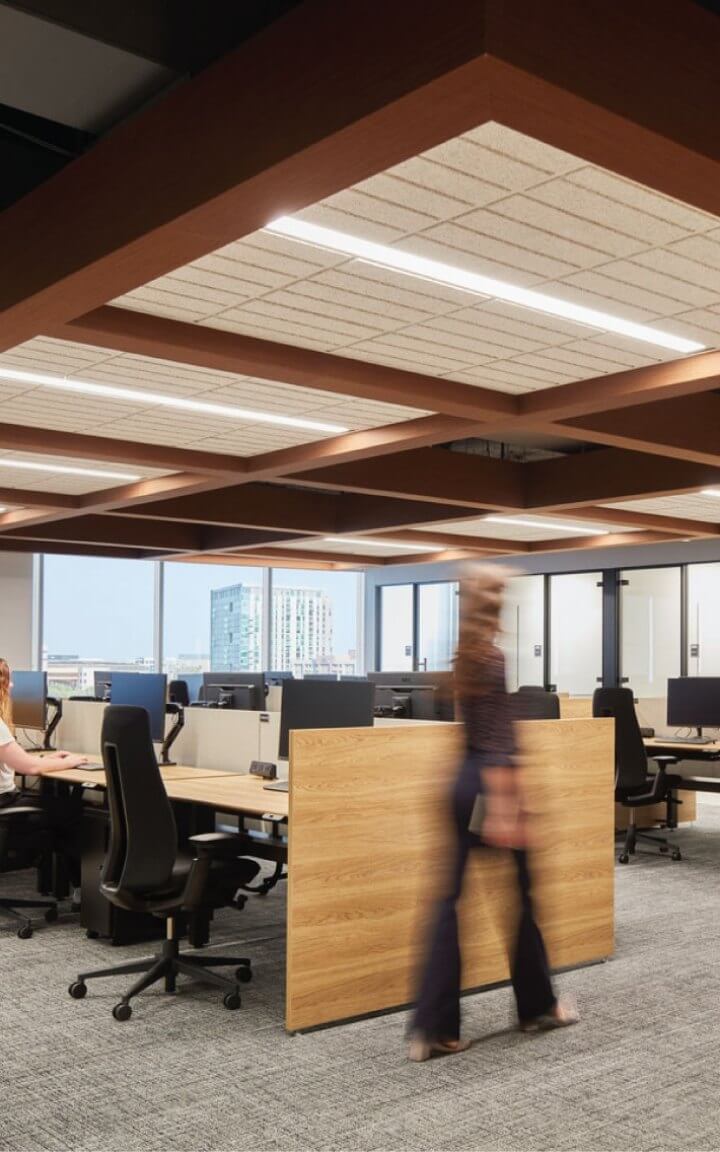Corgan's Climate & Sustainability Commitments
Moving Towards A Decarbonized Future
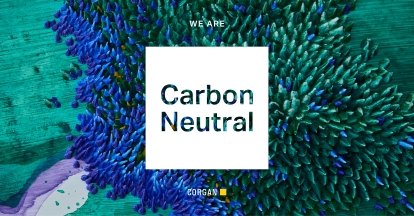
We have a fundamental responsibility to be good stewards of the environment and the world’s resources.
It's important to us as an international design firm to acknowledge the global impact of both our operations and our work. While we continue to strive to minimize our impact on the environment, we must also implement state-of-the-art strategies that promote adaptability and resilience, all while embracing innovation – as a means of managing and mitigating the rapidly evolving impacts of climate change.
At Corgan we are keenly aware of our impact on the environment and the communities in which we live and work. Throughout Corgan's global operations and in our projects, we continue to integrate sustainable practices. We know that climate and sustainability is a broad topic that needs to be addressed across all industries, however those of us in AEC have a specific responsibility in how our work impacts communities from chosen materials to water usage and beyond. Thus, we continue to engage and lead the conversation with our peers, our partners, and our clients collectively, for a better future.
In 2025, Corgan became Carbon Neutral. Take a peek at our commitment and journey to fulfilling our goal to be a sustainable company below and read the press release here.
Corgan's Carbon Neutral Efforts
All accounting efforts for Corgan's carbon emissions were led by our in-house sustainability team, Echo. Echo has measured emissions for Scopes 1, 2 and 3, addressing direct and indirect emissions - which totals 4,137.7 tons of carbon emissions. To counter these emissions, we invest in verified carbon offsets, ensuring we not only balance our carbon output but also contribute to global climate solutions.
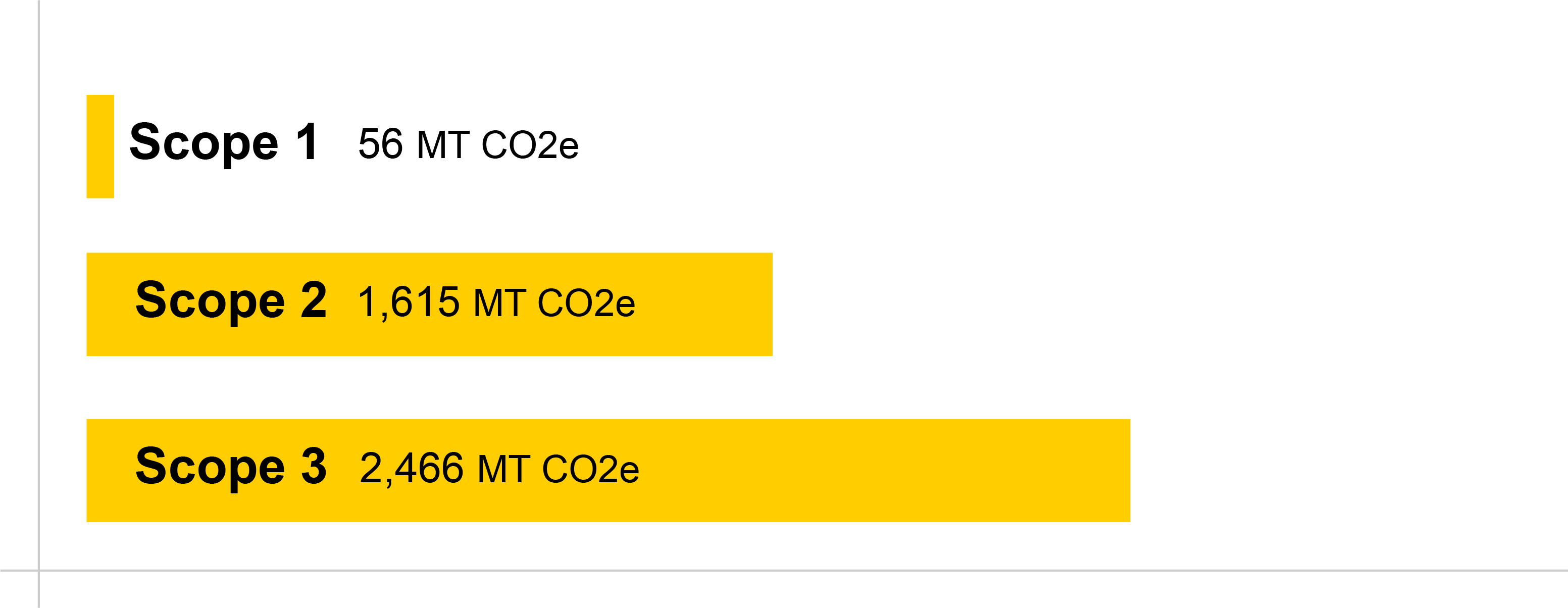
Carbon Offsets
In 2025 Corgan accomplished Carbon Neutrality for Scopes 1, 2 and 3.
In doing so, Corgan offset our 2024 emissions through a diverse portfolio of carbon credits from national and international projects that drive decarbonization in the built environment, protect natural resources, mitigate climate change, and promote social equity.
Improved Forest Management
Founded in 1876 and rooted in thoughtful conservation, the Appalachian Mountain Club is the oldest outdoor conservation and recreation organization in the United States. AMC will use the funds raised from its second carbon project with Finite Carbon to support and advance its climate resilience and conservation work in Maine's 100-Mile Wilderness region and beyond.

Biomass
Located in Belgium, IsoHemp uses 100% locally sourced lime and hemp, delivering a positive carbon impact and matching the thermal, energy, and environmental performance of conventional materials. Biobased materials offer a sustainable alternative with lower GHG emissions thanks to their carbon-neutral or carbon-negative makeup and less energy-intensive production. In construction, they reduce the sector’s carbon footprint by using fewer pollutants, requiring less manufacturing energy, and storing atmospheric CO₂ long term. This supports the EU’s climate goals, with the renovation wave driving upgrades to Europe’s building stock.
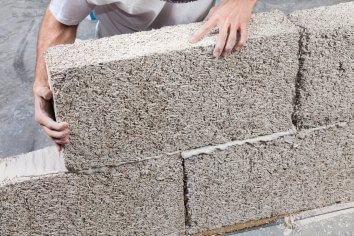
Biomass
The Igloo France Cellulose project, developed by ISO Green Group, focuses on producing biobased cellulose insulation from recycled paper. Igloo's cellulose fiber insulation (CFI) has a negative carbon balance and is now manufactured in France. The project addresses the construction sector's embodied emissions, significantly reducing greenhouse gases while aligning with the EU's sustainability goals. Igloo transforms 90% recycled paper, sourced from local recycling channels and community collections (schools, associations, etc.), into high-performance cellulose fiber insulation. The process involves reusing carbon-storing paper that would otherwise release CO2 during decomposition or burning. The insulation is designed for construction and renovation projects and has been installed in nearly 39,000 homes over the past 18 months, ensuring carbon storage for at least 50 years.
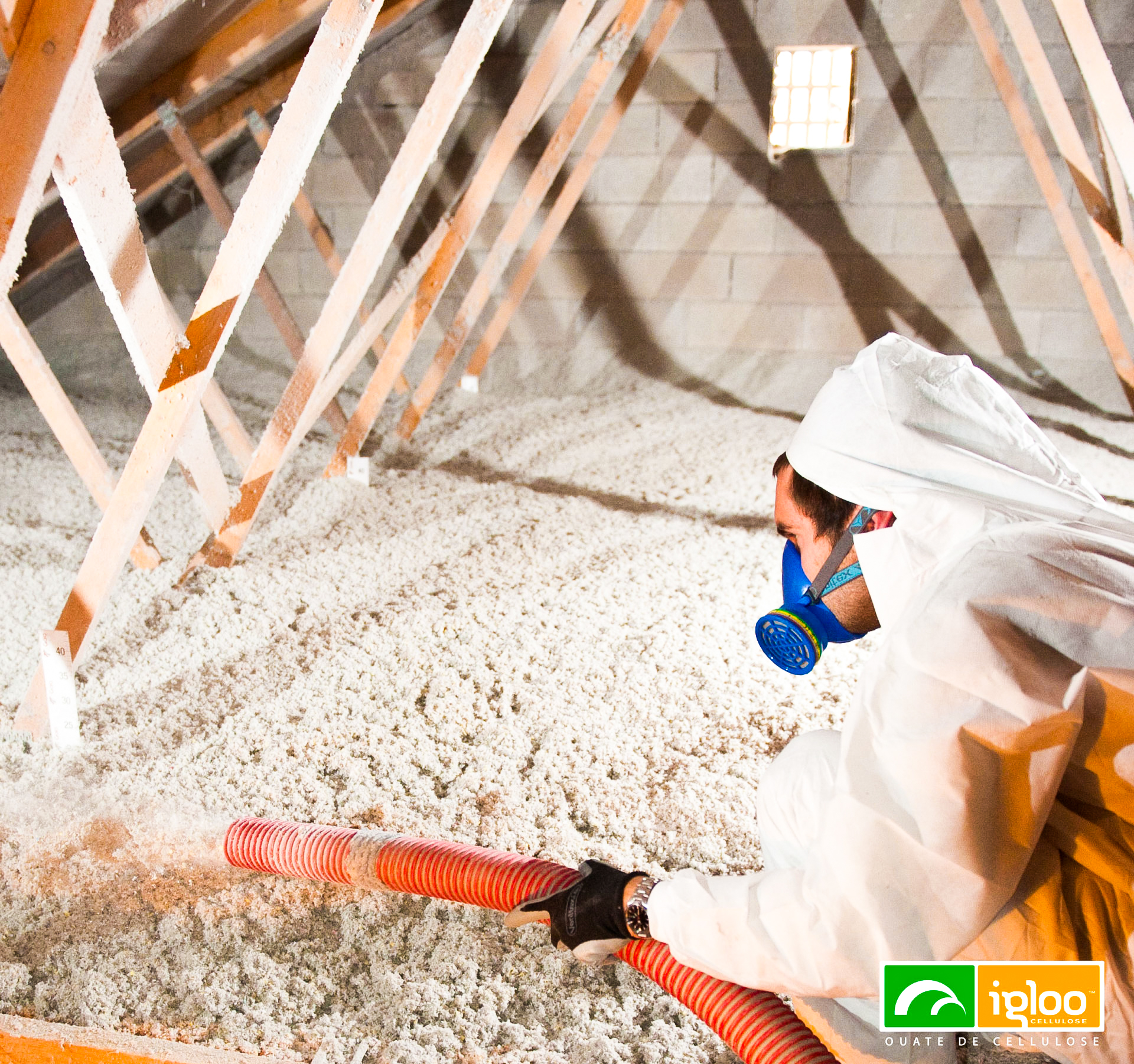
Super Pollutants
Despite no regulatory requirements to change, Publix is proactively choosing to install advanced refrigeration systems that use climate-friendly, low-GWP refrigerants. These advanced systems are designed to minimize greenhouse gas emissions from day one, completely avoiding the use of traditional refrigerants. The impact of this project is not just long-term but also immediate. Unlike other environmental initiatives, the reduction of short-lived climate pollutants like refrigerants delivers measurable benefits within the next two decades. This makes ACR904 a powerful tool in the fight against climate change, demonstrating how strategic choices in refrigeration technology can make a significant difference.
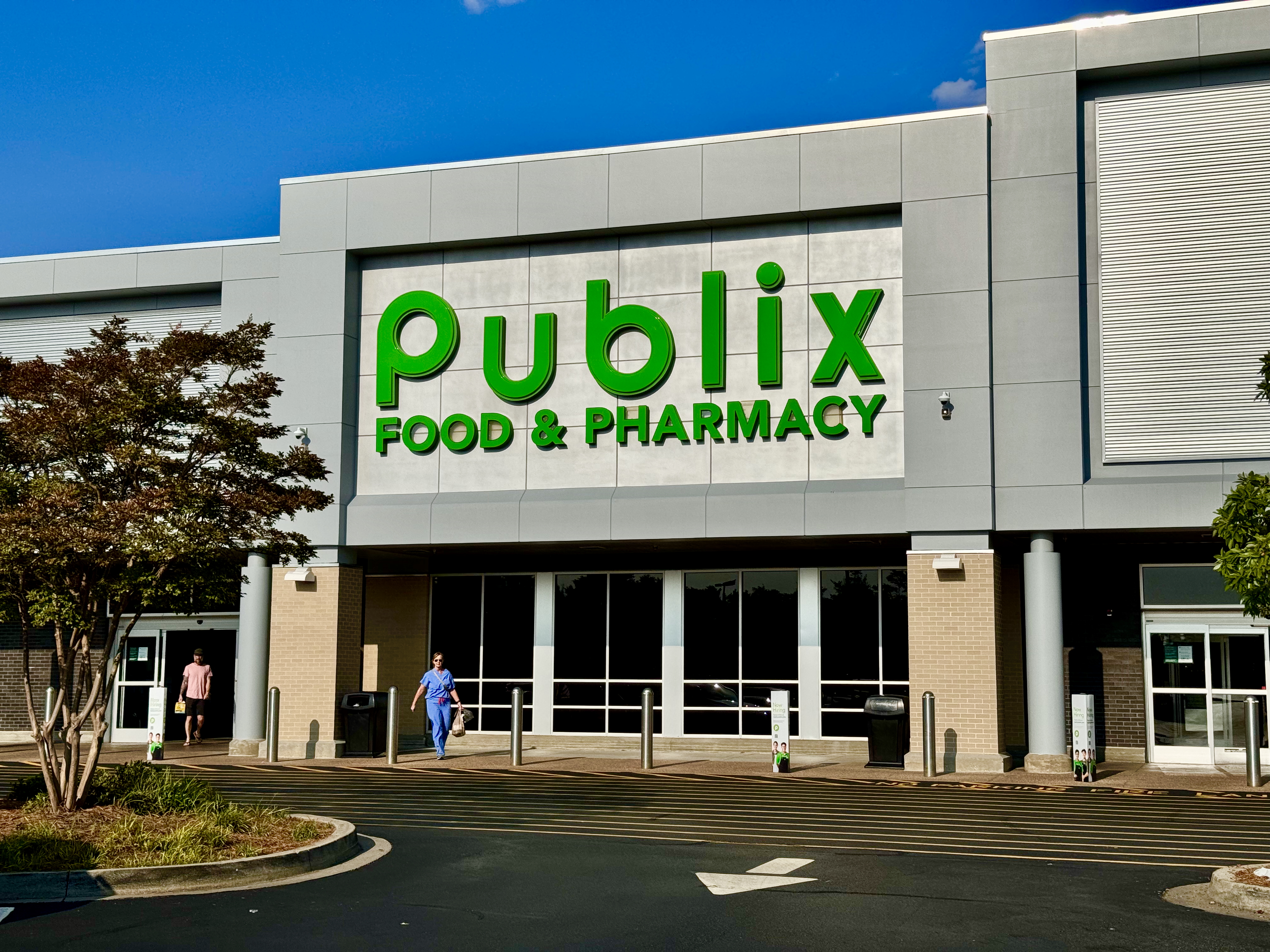
Fuel switch/conversion
SunCulture develops and commercializes efficient, clean and reliable irrigation solutions for smallholder farmers in Africa. The company believes that agriculture is a crucial part of the global economy, and as half of all food produced today is grown using water from natural sources and irrigation, there is a dire need to find alternative solutions to the current water pumping processes, especially in countries such as Kenya where the vast majority of water pumps are diesel or petrol. With their innovative technology, SunCulture distributes the solar water pumps to replace conventional fossil fuel fired pumps with the aim of increasing water access for food productivity, while delivering emission reduction benefits and social co-benefits that include improved livelihoods
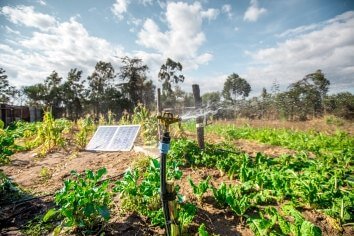
Corgan's Climate Action Plan
As an established international design firm, we recognize the global impact of both our operations and our work. While we continually seek to minimize our environmental impact, we also implement state-of-the-art strategies that promote adaptability and resilience, embracing innovation to navigate the rapidly evolving impacts of climate change. Corgan’s Climate Action Plan (CCAP) outlines our response; a set of comprehensive strategies geared towards both mitigating and adapting to climate change. It underscores Corgan’s commitment to fostering sustainability and resilience, creating a healthier planet for current and future generations.
Working towards a better future.
At Corgan, we have committed to tracking our operational environmental impact. In 2023, we formalized our sustainability practice, Corgan—Echo, to ensure dedicated support for our studios and our operations firmwide. As part of that effort, Corgan joined the World Green Building Council's Net Zero Carbon Buildings Commitment, the AIA 2030 Commitment and become part of the Climate Group.
Corgan’s Sustainability Commitments
Buildings create about 40% of the world’s carbon emissions. The goal of AIA's 2030 commitment is for all new buildings, developments, and major renovations to be carbon-neutral by 2030. As a firm that’s joined the 2030 Commitment, Corgan has submitted more than 200 projects with energy conservation and lighting power-density percentages that neutralize more carbon than our peers.

As part of the Climate Group, Corgan is now part of a coalition of 120 energy-smart businesses committed to accelerating energy efficiency. The Climate Group targets five industries - energy, transport, built environment and industry - that contribute the most to carbon emissions. As a part of the built environment industry, Corgan has an important role to play in reducing operational and embodied carbon, a key component in the fight against climate change.
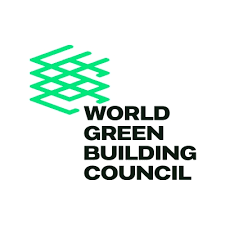
Corgan joined the World Green Building Council’s Net Zero Carbon Buildings (NZCB) commitment as of December 7, 2023. As a signatory to the NZCB commitment, the firm pledged to continually find ways to reduce our operational carbon emissions and mitigate the remaining unavoidable emissions by the end of FY 2025 through credible offsets. In 2024, Corgan laid out a clear path towards decarbonization and began executing strategies to minimize our emissions with the ultimate goal to be carbon neutral in 2025.
